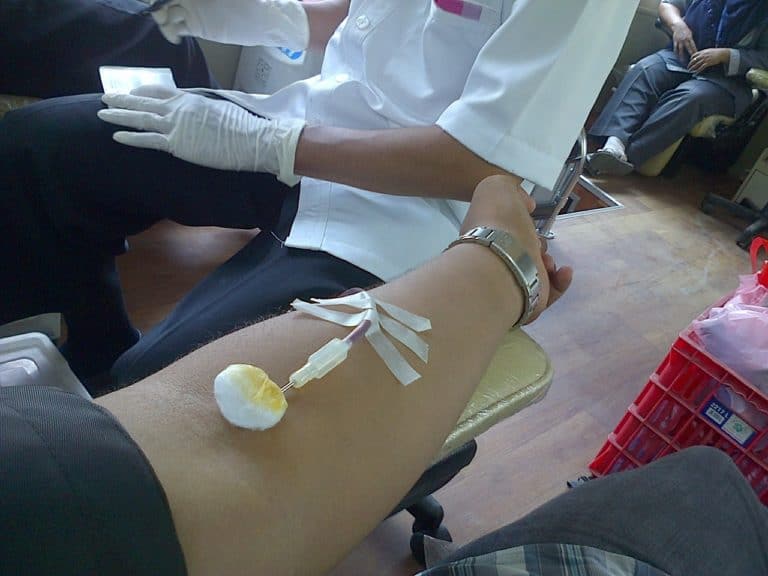From a field of 156 candidate genes, scientists have discovered five genetic markers significantly associated with aggressive prostate cancer. This is an important find, not only because it may help clinicians identify which men are at greatest risk of dying of prostate cancer, but also because it could help researchers develop a simple blood test to assist them in deciding which men need aggressive treatment and which men don’t.
Although aggressive prostate cancer treatment may sound like a positive approach, it has led to overtreatment of the disease because there is no reliable way to know if a man’s prostate cancer is slow growing or aggressive. Therefore, overtreatment means a significant number of men are subjected to unnecessary chemotherapy, radiation, and/or surgery and a high risk of suffering the associated side effects, including erectile dysfunction and urinary incontinence.
In this new study, investigators from Sweden and Seattle sifted through 937 single nucleotide polymorphisms (SNPs; variations in the DNA) in 156 genes in 1,309 men with prostate cancer. Among these men, the researchers found 22 SNPs associated with lethal prostate cancer.
From there, the researchers did a validation study among 2,875 prostate cancer patients, which is when they uncovered the five genetic markers significantly associated with death from prostate cancer—LEPR, CRY1, RNASEL, IL4, and ARVCF genes.
SNPs have been shown to play an important role in the progression of prostate cancer. In this study, the authors noted that compared with men with 0 to 2 of the markers, men who had 4 or 5 of the SNPs had a 50 percent higher risk of dying of prostate cancer.
In a news release, Janet L. Stanford, PhD, of the Fred Hutchinson Cancer Center, noted that “Ultimately, these markers could be used in the clinic, along with other known predictors that are used to assess tumor aggressiveness, such as a high Gleason score, to identify men with a high-risk profile.”
What’s next? Their findings need to be confirmed in different patient groups, according to Stanford, to see if these five genetic markers, along with any other gene variations, can help doctors identify which men are at high risk of aggressive prostate cancer and death from the disease.
Read more in our Prostate Cancer Health Center.
Reference
Lin DW et al. Genetic variants in the LEPR, CRY1, RNASEL, IL4, and ARVCF genes are prognostic partners of prostate cancer-specific mortality. Cancer Epidemiol Biomarkers Prev 2011; 20(9): 1-9







